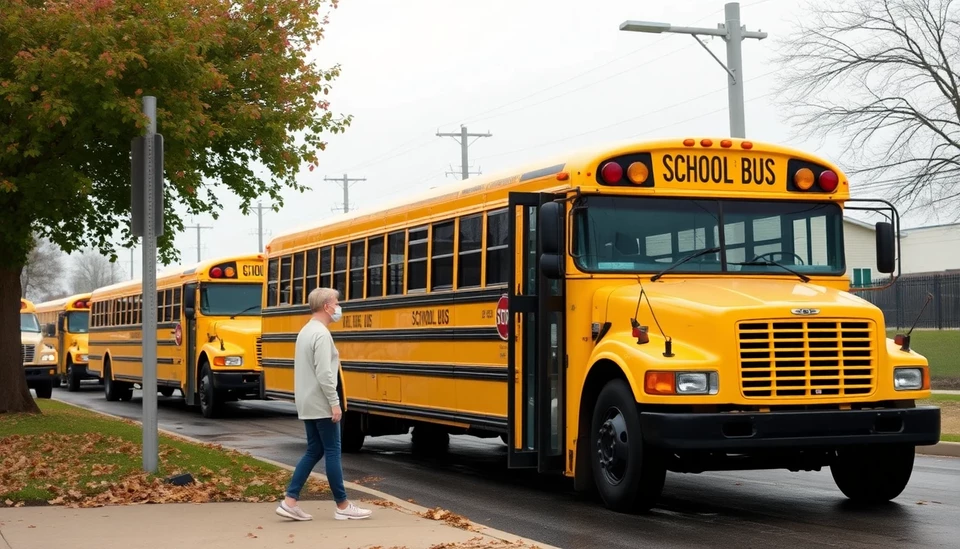
In a surprising turn of events, former President Donald Trump has thrown the transition to electric school buses into turmoil. The recent developments stem from his public remarks and unique stance on environmental policy, sparking confusion among school districts and manufacturers alike.
The shift towards electric school buses was gaining momentum as numerous states began planning to replace their aging fleets. The original goal was to reduce emissions and improve air quality for children riding these buses. The Biden administration allocated substantial funding for this transition, encouraging school districts to invest in cleaner, electric vehicles. However, Trump's recent statements counteract these initiatives, leading to a reconsideration among stakeholders.
During a recent rally, Trump dismissed the push for electric vehicles, claiming that it was a misguided effort that would burden taxpayers. He emphasized his commitment to traditional vehicles and the fossil fuel industry, resonating with a significant portion of his base. This has raised concerns among electric bus manufacturers and advocates for environmental sustainability, who fear that his influence could derail progress made to date.
In the wake of Trump's comments, several school districts have expressed their apprehension about moving forward with their electric bus plans. Some districts, which had been relying on federal incentives to upgrade their fleets, are now questioning whether those funds will remain available if the political landscape shifts again. This uncertainty creates a chaotic environment for contractors and manufacturers who were counting on a steady growth in electric bus orders.
In addition to the funding uncertainties, the absence of cohesive federal policy under Trump's influence raises red flags for long-term investments in electric school buses. Manufacturers who had begun ramping up production to meet the anticipated demand may have to reconsider their strategies and production timelines. Reports indicate that some companies are halting production expansions as they evaluate the landscape in light of Trump's comments.
Moreover, industry analysts have warned that Trump's rhetoric could lead to a ripple effect, diminishing public trust in electric vehicle initiatives. If large districts abandon their plans, smaller districts might follow suit, resulting in widespread hesitation regarding the transition to electric propulsion for school transportation across the country.
Amidst this chaos, environmental advocates are urging school officials to remain focused on the long-term benefits of electric school buses. They argue that the transition will not only help combat climate change but also provide safer and healthier environments for children on their daily commutes. As the debate unfolds, many are left wondering how much influence Trump still holds in shaping transportation policies as he continues to grapple for relevance in the political arena.
In conclusion, the turmoil introduced by Trump's recent statements has created uncertainty and upheaval in the transition to electric school buses, jeopardizing a project that was on the verge of reshaping how American children commute to school. As stakeholders navigate this unpredictable landscape, the future of electric school buses remains precarious.
#Trump #ElectricBuses #EnvironmentalPolicy #SchoolTransportation #ClimateChange #USPolitics
Author: Peter Collins




